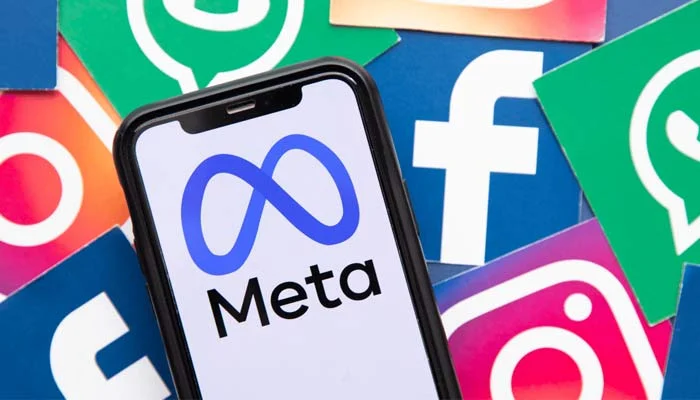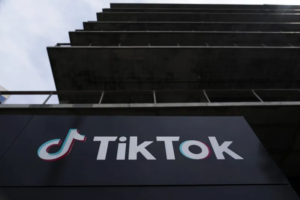
Meta has confirmed to TechCrunch that it is testing its Meta AI chatbot, powered by a large language model, on WhatsApp, Instagram, and Messenger in India and parts of Africa. This move shows Meta’s strategy to use its large user base across these apps to expand its AI services.
The social media company is rushing to introduce more AI features following significant AI developments by other major tech firms like OpenAI.
Meta announced its plans to develop and experiment with chatbots and other AI tools in February 2023. India, where users have recently started noticing the Meta AI chatbot, is a crucial market for Meta with over 500 million Facebook and WhatsApp users, making it Meta’s largest single market.
Developing markets, where smartphone use is growing faster compared to developed markets like the U.S., are also important targets for Meta to test new services and engage users. Users in Africa are also reporting seeing the Meta AI on WhatsApp.
Meta confirmed this testing in a statement, saying, “Our generative AI-powered experiences are in development stages, and we are testing a variety of them publicly on a limited basis.”
Meta unveiled Meta AI, its general-purpose assistant, in September 2023. This AI chatbot can answer user questions directly within chats and generate photorealistic images from text prompts. In the case of Instagram, there is evidence that it is also being used for search queries.
Meta was somewhat slow to start building and rolling out AI tools to its users. Initially, its teams believed that generative AI technology was not fully mature. However, OpenAI’s advancements proved otherwise, putting MetaAI in catch-up mode.
“The availability of ChatGPT somehow captured the attention and enthusiasm of the public,” said Yann LeCun, the Turing Award winner who is Meta’s chief AI scientist, speaking earlier this week at an “AI Day” that the company organized at its offices in London. “What was surprising to people like me about ChatGPT was not the technology or the performance of the system. It was how much interest it gathered from the public. That surprised everyone. It surprised OpenAI, too.” Meta, he explained, thought that AI chatbots, based on its own efforts to launch them, “were not particularly welcome… in fact, some of them were trashed by people.” Now, he described the company, and the wider tech community, as “more open, and more comfortable with releasing models.”
And that’s what Meta is doing now. More pragmatically speaking, though, there are three reasons why Meta may be forging ahead with its AI strategy.
First, for user retention (users now expect to see and want to use AI tools in their apps; if Meta doesn’t offer them the worry is that those users will move away).
Second, for investor retention (investors want strong earnings, sure, but in tech they also want to see signs that Meta is committed to backing in and building what many believe will be the next generation of computing).
Third, for its own pride (it’s been setting the pace for so much in areas like mobile apps, social media and advertising for the last decade, and it has outsized talent on its bench, including the celebrated AI academic Yann LeCun. Is it really going to jump the shark and miss all of this?!).
Instagram and WhatsApp’s massive global user base, boasting billions of monthly active users, to be sure presents Meta with a very unique opportunity to scale its AI offerings. By integrating Meta AI into WhatsApp and Instagram, the Facebook-parent firm can expose its advanced language model and image generation capabilities to an enormous audience, potentially dwarfing the reach of its competitors — at least on paper.
The company separately confirmed earlier this week that it will be launching Llama 3, the next version of its open source large language model, within the next month.






Be First to Comment